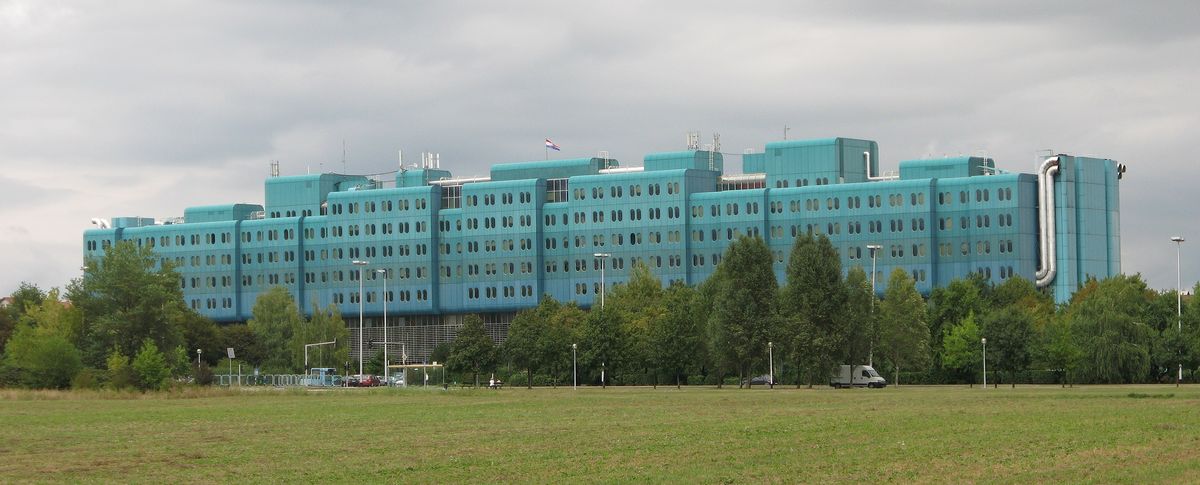These are the best hospitals in Croatia, according to doctors
- by croatiaweek
- in News

KBC Dubrava in Zagreb (Photo: SpeedyGonsales/CC BY-SA 3.0)
The Special Orthopaedic Hospital in Biograd na Moru has been ranked the best hospital in Croatia for both quality of management and working conditions, according to a national study conducted by the Croatian Medical Chamber (HLK).
The 2024 Croatian Medical Practice Study surveyed 2,800 hospital doctors—nearly a third of all hospital physicians in the country—across five key areas: working conditions, management quality, education, safety, and everyday professional challenges, Večernji list reported.
This is the second round of the longitudinal study, following the first conducted in 2022.
The Biograd hospital was followed by Požega General County Hospital and Lovran Orthopaedic Clinic in the management category, while Zagreb’s Children’s Hospital (commonly known as Klaićeva) and Vrapče Psychiatric Clinic took second and third place for working conditions.
As in the previous study, smaller hospitals received significantly higher marks than large clinical centres. Nine out of the top ten spots across both indices were occupied by special and general hospitals.
The only large hospital to rank among the top ten was KB Dubrava, placing ninth for working conditions. KBC Osijek and KBC Rijeka were the top-ranked major clinical centres for management (12th) and working conditions (14th), respectively.
The findings also revealed some concerning trends: 55% of doctors reported not having enough time for patients and often having to work across multiple departments.
Only 36% considered their hospital equipment adequate, and just 25% had an office with a computer.
Verbal abuse affected one in three doctors, and 8% reported physical assaults, with female doctors more frequently reporting emotional exhaustion and burnout symptoms.
The HLK has recommended several measures, including reducing workload, improving infrastructure and transparency in hospital leadership, mental health support, and better protection against workplace violence.
Flexibility in working arrangements and more professional development opportunities were also highlighted as key to retaining medical staff in public healthcare.
Biograd hospital director Mate Kutleša credited the positive results to staff engagement, infrastructure investment, and a politically neutral environment. “I’m truly honoured. We’ve worked hard over the past two years and listened to our doctors. These results show it was worth it,” he said.
The study was led by Prof. Ivan Čipin and Assoc. Prof. Šime Smolić, with HLK planning to repeat the research every two years.









